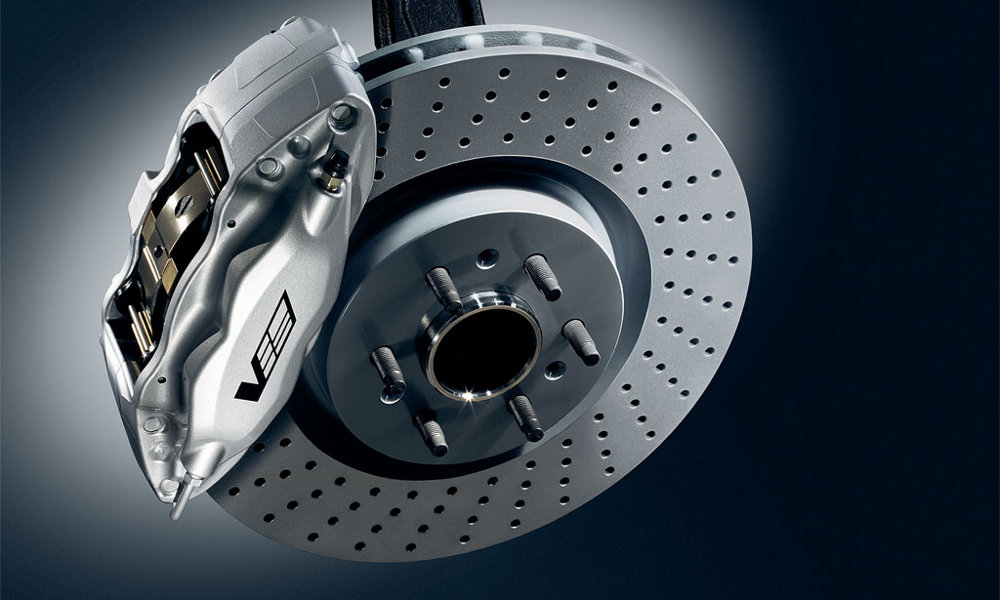There are different car braking systems like disc, drum, anti-lock, etc. If your car incorporates a disc brake system, calipers are a crucial component. Although, how caliper brakes work is a complex subject. But primarily, it performs two functions.
Firstly, it works as a bracket and supports the brake pad on either side of the rotor. Secondly, it converts the pressure on the brake fluid (which the master cylinder exerts) into friction on the rotor. In simpler words, a brake caliper squeezes the brake pads against the rotor, causing the vehicle to stop.
Unlike other braking system components, calipers don't require much maintenance. However, some factors disrupt their normality over time.
Corrosion
Since calipers and caliper pistons are chunks of metal, they are prone to corrosion. Rusted calipers fail to compress effectively, resulting in a poor brake. Rust is common in vehicles working in humid and salty environments.
Fluid Leaking
Brake calipers are closest to the road. So they are more vulnerable to dust and dirt accumulation. Therefore, there is a dust cover present. It prevents unnecessary dirt buildup.
However, if the cover is damaged, the debris traces its way inside and damages internal components. Over time, the constant striking of dirt entities results in a fluid leak.
It is a significant issue because a fluid leak prevents the calipers from building the necessary pressure, resulting in insufficient braking.
Mechanism Seizure
Component seizure is another common cause of failing calipers. The over-time building of debris reduces the lubrication in the braking system. As a result, sometimes, the calipers get stuck and don't retrace to their original orientation.
Moreover, corrosion and debris combine, blocking the actuator shaft's bore and preventing it from rotating. However, this occurrence is preventable by following a timely inspection schedule.
Deterioration
Although brake calipers last for the vehicle's lifetime, dirt, heat, and friction wear them out. Deteriorated brake calipers cause the brakes to be ineffective.
There is friction protection covering on brake calipers, which may wear out faster depending on the dust and water in the environment.
How Long Does a Brake Caliper Last?
Brake calipers are not delicate objects. Therefore, they last almost as long as the vehicle. Commonly, they can endure 75 to 100K miles and last for about seven to ten years.
However, these figures are not final, as the environmental conditions strongly impact the life of the brake calipers.
Automobiles operating in cities are less prone to dirt accumulation in their braking system. Vehicles functioning in dusty areas or on rocky terrains may need constant evaluations. Moreover, factors like the vehicle type, lubrication, and construction material of the brake calipers also indicate how long they last.
The Bottom Line
Brake calipers are solid components of the braking system. They exert pressure on the rotor to stop the vehicle. However, friction, heat, and exposure may damage them over time. Therefore, it is essential to know about the possible causes of failures.
Since calipers are metallic, they can rust. Corrosion causes wearing, resulting in ineffective brakes. Sometimes, the small stones from the road accumulate, causing the system to get stuck. Moreover, issues like fluid leaks, exposure to wetness, and pending maintenance checkups also deteriorate the working of brake calipers.


